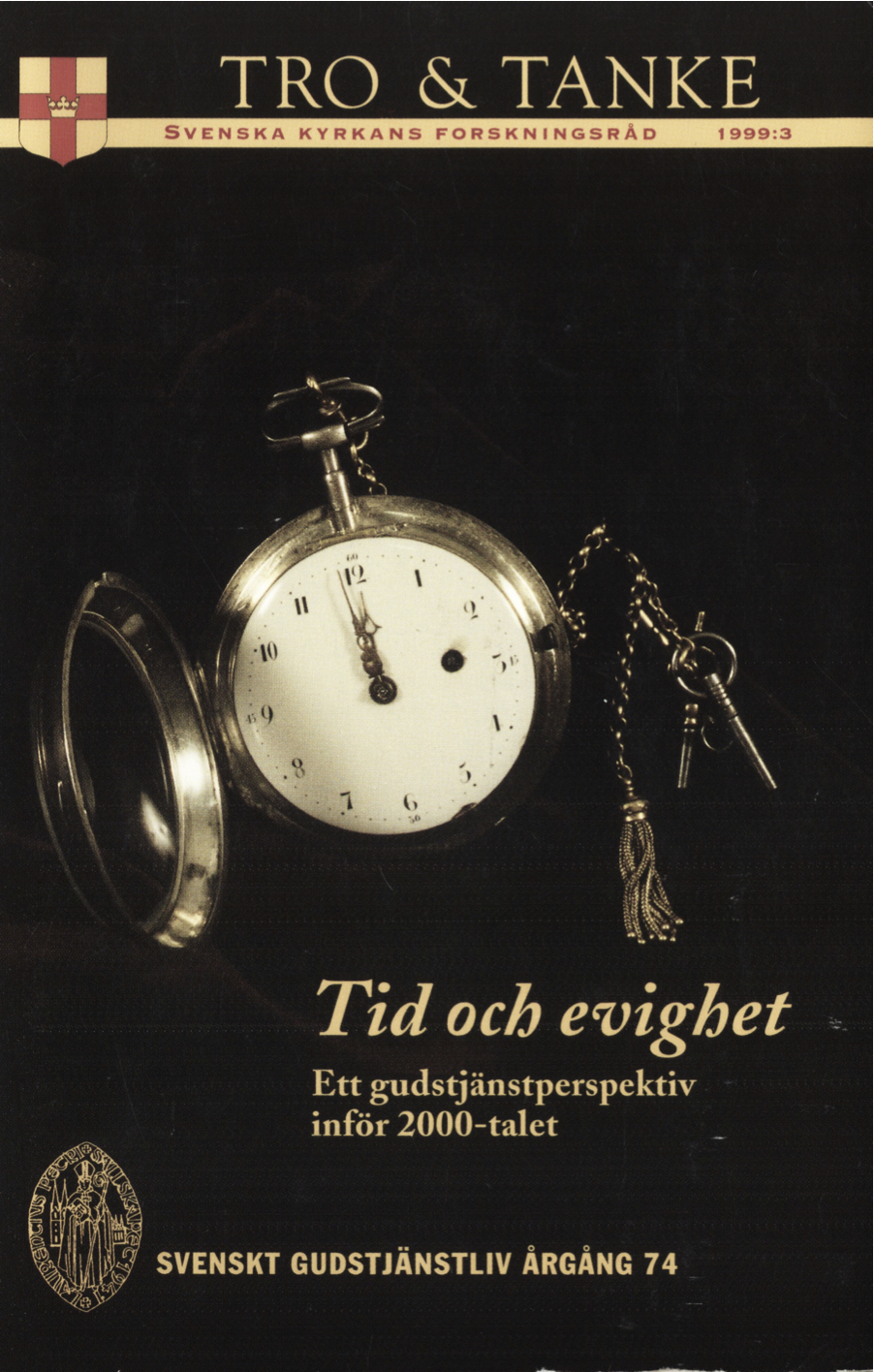Sången vi sjunger - trons och tidens spegel
Abstract
In the Church of Sweden, as in other churches in the world, one can see over the last decades an increasing interest in producing new liturgical songs.
It is not only a matter of making new melodies for the common world in the official liturgy—nowadays there are also complete liturgies produced with new words as well as new melodies. The newest songbooks for youth work in church contain many of these songs, and the songs as well as the new eucharistic liturgies are used frequently, particularly in services for young people.
This article is a brief study of the theology of some of these new liturgical songs. Below, I have noted some of my observations.
1. It is obvious that present-day trends in society are reflected in the songs. So is, for example, individualism a big issue there. The subject of the songs is preferably “I”— and this subject longs for confirmation, longs to be somebody, longs to be seen as the child of God.
2. The questions are the problems of the individual human being— ”1am lost, I am alone, I don’t understand why this has happened to me”, etcetera— whereas the problems of other people, of the world, or of the evil are not mentioned.
3. The time is “now”. The past and the future are not very interesting. The most important thing is that “I” can feel God’s closeness right now.
4. It is not always clear in the songs to whom this “I” addresses itself. It is sometimes “God” and sometimes “you”. Jesus or Christ is missing completely. In one of the eucharistic liturgies, He is not mentioned at all!
What is said above, refers to the majority of the songs in my study. In a new eucharistic liturgy, called Apokalyps (Apocalypse), also other traces are being shown. The world and the evil are realities, and the cry is not so much for “me” as for the world and humankind. Here, even Christ has a place, and an important role to play.
Perhaps this new liturgy is an example of a possibility to produce new songs without reducing the eucharistic theology and its most important content: the Holy Communion and the remembrance of Christ.
Downloads
Publicerad
Nummer
Sektion
Licens
© författarna, Laurentius Petri Sällskapet för svenskt gudstjänstliv samt Artos & Norma bokförlag. Det är tillåtet att kopiera och använda material ur Svenskt Gudstjänstliv för forskningsändamål om källan anges. För övriga ändamål kontakta respektive artikelförfattare samt förlaget. Särskilda restriktioner kan gälla för bildmaterial.


